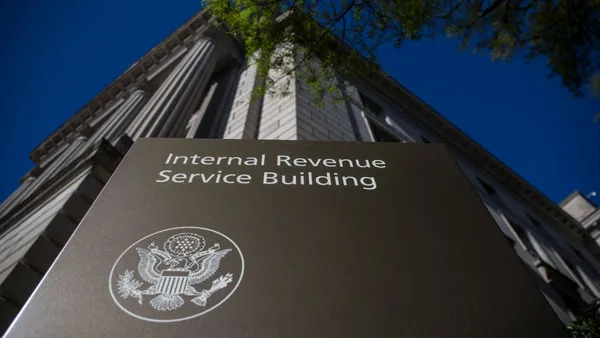A technicality in the law that lets the Securities and Exchange Commission pay big rewards to corporate whistleblowers can leave some people who help the agency with nothing, the Wall Street Journal reported.
Congress established the whistleblower program in 2010 as part of the Dodd-Frank Wall Street reform law.
Over the years, the program, which the SEC touts as a key part of its fight against corporate fraud, has paid out some $900 million, including $114 million last year.
In some cases, whistleblowers — often accountants or other finance employees who tip off the SEC after seeing suspected fraud within their companies — can earn tens of millions of dollars.
The money is paid from the SEC’s recapture of fraudulently gotten gains and are intended to motivate people to alert the SEC to problems despite the risk of being fired if they’re caught.
But because of the way the SEC has interpreted a provision in the law that applies to companies that file for bankruptcy protection, whistleblowers can be left with nothing.
Private vs. public action
The provision prohibits the SEC from collecting money from the company if the case goes to a bankruptcy trustee, whose job, as the person overseeing what’s considered a private action, is to protect shareholders and use any funds recouped from the company to pay them back.
Because the SEC can only pay awards based on the actions of a government entity, it can’t use a share of ill-gotten gains collected by a bankruptcy trustee to pay any whistleblowers who worked with it on the case.
“It’s lunacy on the part of the SEC to interpret the rules that way," said Harry Markopolos, a forensic accountant credited in 2008 with trying to alert the SEC to what turned out to be the largest Ponzi scheme in history, the fraudulent investment fund involving tens of billions of dollars run by former Nasdaq Chair Bernie Madoff.
For the last several years, Markopolos has been working with John McPherson, another forensic accountant, who alerted the SEC in 2010 to potential fraud by Life Partners, a company that sells fractional life insurance policy shares to investors.
Forensic work
McPherson’s work led the SEC to charge the company with misleading investors on how soon policy holders were expected to die. By telling investors policy holders were expected to die sooner than analyses showed they were, the company could charge more for the shares. Some 20,000 people invested in the shares.
The company, which denies wrongdoing, filed for bankruptcy in 2015, just before a judge, at the SEC’s request, considered appointing a receiver to oversee the company.
Since then, the bankruptcy trustee has dispersed $1 billion to investors. A portion of that money, had the process been handled by the receiver as the SEC had requested and not turned over to a bankruptcy trustee, would have been awarded to the whistleblower.
A staff letter to McPherson said the recommended award was 23% — or tens of millions of dollars — of the amount collected by Life Partners.
But McPherson is left with nothing, despite spending a decade working closely with the SEC on the case, according to the Journal.
Markopolos and other critics of the way the SEC is interpreting the law are hoping to see changes made to keep it a viable tool in the federal government’s efforts against corporate fraud.
“This outcome is deeply troubling,” Jordan Thomas, a former SEC attorney who helped establish the regulator’s whistleblower program, told the Journal. “Discretionary decisions made by the commission resulted in [McPherson] being denied a whistleblower award. That kind of scenario is inconsistent with the way the program was developed.”














